Study completed
Internet-based psychotherapy for children and adolescents with an obsessive-compulsive disorder (pilot study ICBT I)
The aim of this pilot study was to develop and evaluate an internet-based therapy for obsessive-compulsive disorders for children and adolescents aged 7 to 17 years. In cooperation with the Department of Information Technology at the University Hospital of Tübingen, the prototype of an integrative mobile health platform was developed. In the course of treatment, the patients received weekly therapy sessions consisting of elements of cognitive-behavioural therapy with the emphasis on confrontation exercises (so-called “expositions”) in order to be able to face the compulsive symptoms in a targeted manner.
Through the internet-based approach, the treatments could be carried out directly in the patients' home environment, where most of the obsessive-compulsive symptoms usually occur. In addition to diagnostic appointments, the therapy concept included 14 therapy sessions, 13 of which were carried out via video-telephony, and a smartphone app to accompany the therapy. The digital therapy approach achieved a high level of acceptance among the adolescents and also enabled families who did not have access to suitable therapists close to their homes to participate. The study was conducted from February 2016 to summer 2018. Subsequently, the follow-up study iCBT II was planned and implemented.
Contact us
Are you interested in the treatment of obsessive-compulsive disorder? Please contact us:
E-mail address: Zwangsstudie@med.uni-tuebingen.de
Publications
Selected publicationsSummary
Cognitive behavioral therapy (CBT) is the first choice of treatment of obsessive-compulsive disorder (OCD) in children and adolescents. However, there is a lack of access to appropriate treatment close to the home of the patients. Internet-based CBT via videoconferencing could facilitate access to state-of-the-art treatment even in remote areas. The aim of this study was to investigate feasibility and acceptability of this telemedical approach. A total of nine children received 14 sessions of CBT. The first session took place face-to-face, the remaining 13 sessions via videoconference. OCD symptoms were recorded with a smartphone app and therapy materials were made accessible in a data cloud. Outcomes showed high acceptance and satisfaction with online treatment (89%) and that face-to-face therapy was not preferred over an internet-based approach (67%). The majority of patients and their parents classified the quality of treatment as high. They emphasized the usefulness of exposures with response prevention (E/RP) in triggering situations at home. The app itself was rated as easy to operate and useful. In addition to feasibility, a significant decrease in obsessive-compulsive symptoms was also achieved. The results of this study are promising and suggest the significance of further research regarding this technology-supported approach.
Project participants
Project participants
Department of Child and Adolescent Psychiatry, Psychosomatics and Psychotherapy, University Hospital of Psychiatry and Psychotherapy, Tübingen
- Prof. Dr. Tobias Renner
- Prof. Dr. Annette Conzelmann
- Dr. Karsten Hollmann
Publications
Selected publications
- Hollmann, K., Allgaier, K., Hohnecker, C. S., Lautenbacher, H., Bizu, V., Nickola, M., . . Conzelmann, A. (2021). Internet-based cognitive behavioral therapy in children and adolescents with obsessive compulsive disorder: a feasibility study. J Neural Transm (Vienna), 128(9), 1445-1459. https://www. ncbi.nlm.nih.gov/pubmed/34432173 doi:10.1007/s00702-021-02409-w
See also
Certificates and Associations

Focus: Top National Hospital 2025

Stern: Germany's Outstanding Employers in Nursing 24/25

Quality partnership with the PKV

Family as a success factor

Pension provision for the public sector





